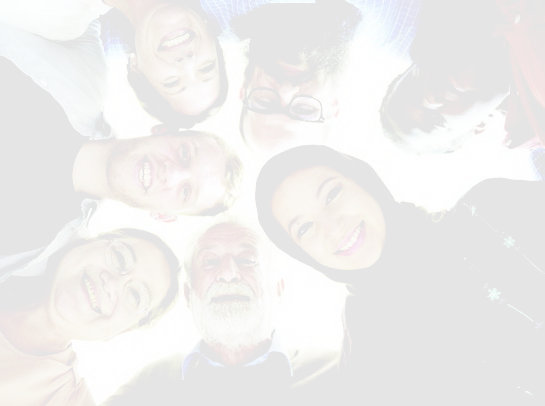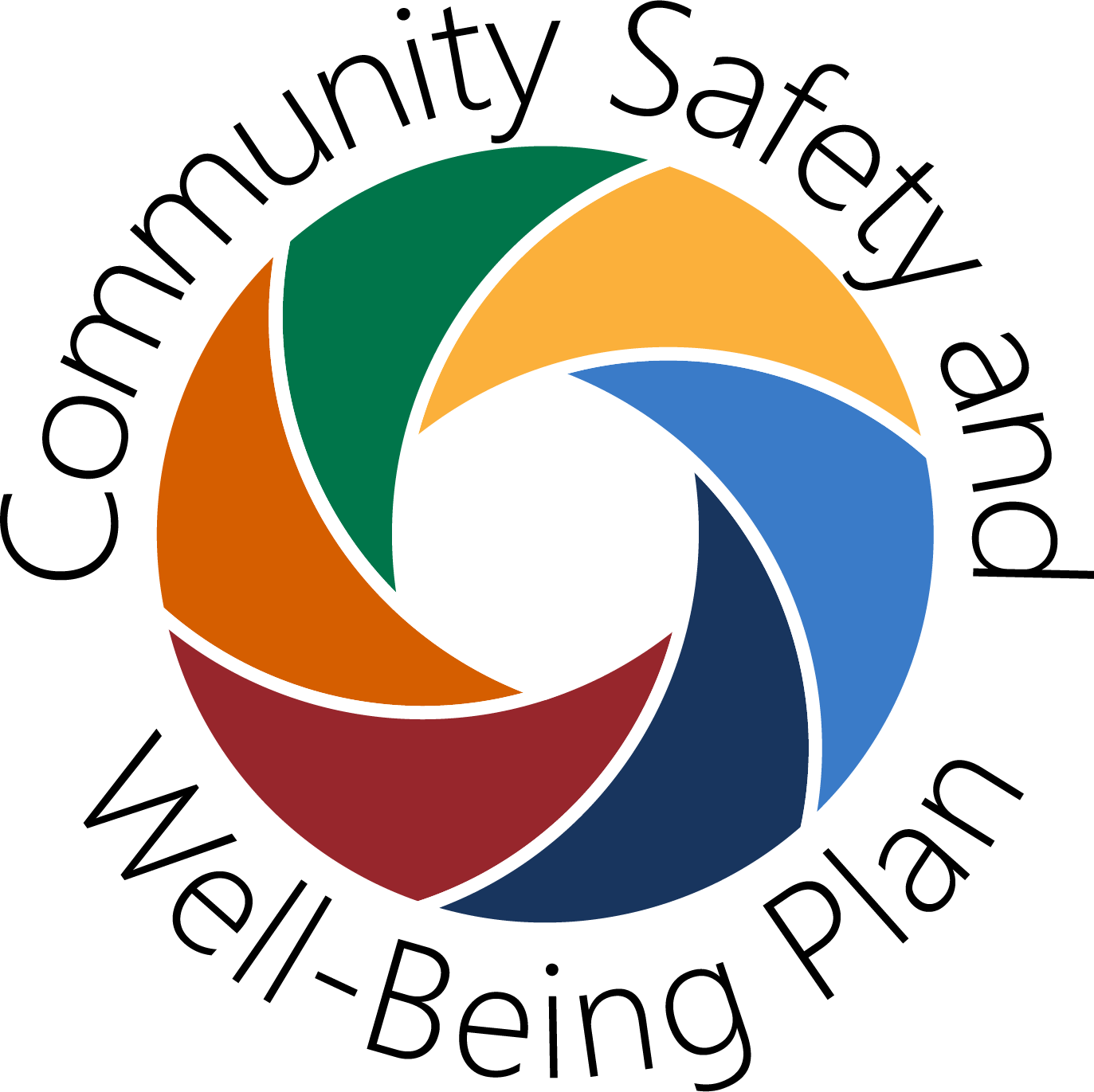
Community Safety and Well-being Priorities
-

Priority Area #1 Systems Planning and Integration
Goal 1.1: Improved access to programs, services, supports, and resources by simplifying pathways and coordinating efforts.
Objective 1.1.1: To increase resident knowledge and awareness of existing programs, services, and supports through improved communications.
Objective 1.1.2: To establish collaborative pathways between programs, services, and supports, so that service providers can work together more effectively and are better equipped to guide individuals and families to the social, health, economic, and education supports they need.
Goal 1.2: Enhanced prevention and protection for safer communities.
Objective 1.2.1: To increase police presence through proactive community-oriented interventions.
Objective 1.2.2: To work with municipal partners to support pandemic planning and preparedness for the City of Stratford, Town of St. Marys, and Perth County.
-

Priority Area #2: Adequate, Affordable, and Attainable Housing
Goal 2.1: Increased availability and accessibility of affordable, safe, and suitable housing.
Objective 2.1.1: To work with the Coordinated Access System Leadership Group (CASLG) as well as other government and private sector partners to support the strategic objectives identified in the updated Housing and Homelessness Plan for Stratford, Perth County, and St. Marys (2020-2024):
Ending homelessness;
Creating attainable housing options;
Sustaining community housing; and
Addressing a diversity of needs.
-

Priority Area #3: Affordable and Accessible Health, Social, and Recreation Services
Goal 3.1: Improved availability and accessibility to healthcare services and supports.
Objective 3.1.1: To work with healthcare partners to support planning and implementation of mental health and addictions services and supports for residents in Stratford, St. Marys, and Perth County.
Objective 3.1.2: To provide more opportunities for residents, especially those in rural communities with limited physical and mental health services, to access care in-person and through virtual healthcare technology.
Goal 3.2: Improved knowledge and awareness of crisis response triage options.
Objective 3.2.1: To work with municipal and service agency partners to increase residents’ knowledge and awareness of crisis response options and when it is most appropriate to use each option.
Goal 3.3: Increased availability of affordable transportation options.
Objective 3.3.1: To implement new cost-effective transportation initiatives for low-income and rural residents to support improved access to healthcare, social services, and recreational activities.
Objective 3.3.2: To determine the effectiveness of the Perth County Connect public transit pilot in providing residents with affordable and accessible transportation options locally and regionally.
-

Priority Area #4: Social Inclusion
Goal 4.1: Increased application of equity, diversity, and inclusion practices across all partner agencies.
Objective 4.1.1: To continue to build partner agencies’ understanding of equity, diversity,and inclusion principles and practices through education and training.
Goal 4.2: Promote understanding of diverse groups.
Objective 4.2.1: To develop, promote, and organize innovative community engagement and public strategies and campaigns aimed at reducing stigma and promoting understanding regarding mental health, addiction, racism, and discrimination.
Objective 4.2.2: To support efforts of Stratford Police Services and Perth OPP to provide the community with a forum to discuss their interactions with police, critically examine local policing policies and procedures, and make recommendations for changes that will address potential issues related to systemic racism within police services and the broader community.
Goal 4.3: Enhanced sense of community belonging.
Objective 4.3.1: To create and maintain safe, welcoming, and inclusive public spaces that promote opportunities for use by individuals of all identities, backgrounds, and experiences.
Objective 4.3.2: To increase inclusion and access to activities and community events for populations that face constraints to participation (e.g., youth, people with disabilities, newcomers, BIPOC, LGBTQ2+ persons, and low-income families and individuals).

